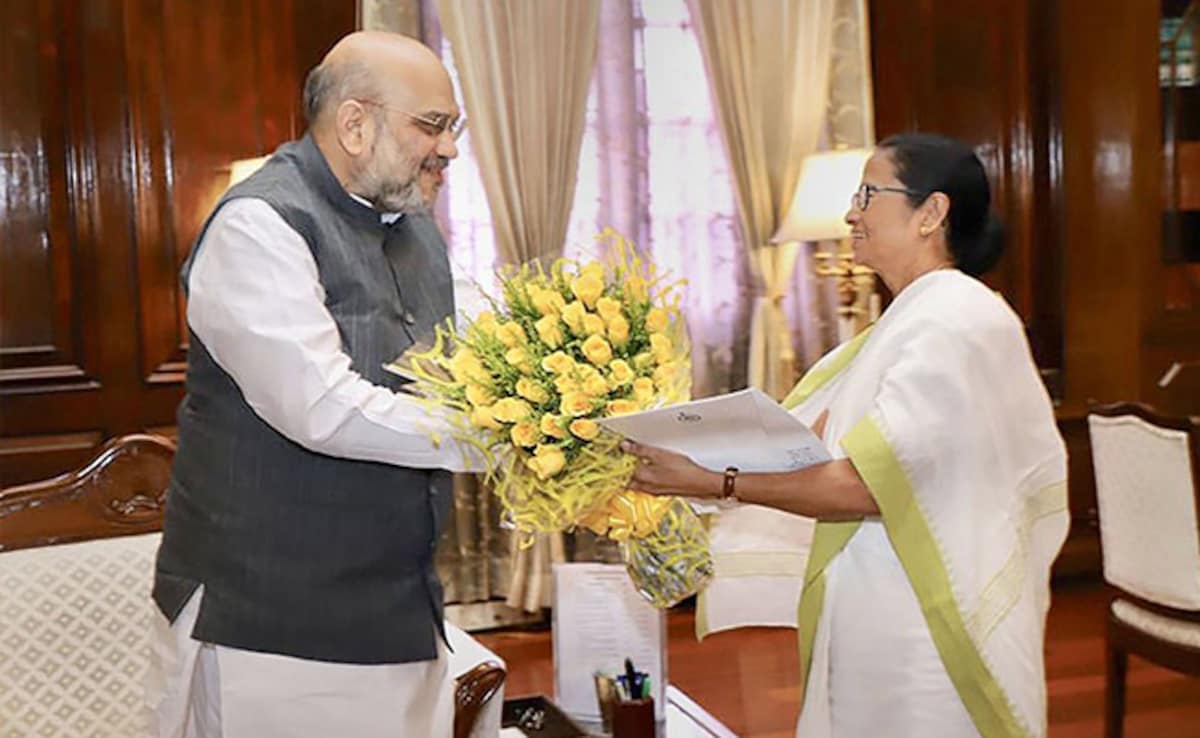Chinese Foreign Minister Wang Yi has expressed readiness to join hands with India’s National Security Advisor Ajit Doval to “properly handle” issues related to the situation on the ground in the border areas, amid the protracted border row in eastern Ladakh.
In a congratulatory message to Mr Doval on his reappointment as India’s National Security Advisor and Special Representative for the India-China boundary question, Mr Wang noted that China and India share a relationship that transcends bilateral boundaries and holds increasing global significance.
Besides being the Foreign Minister, Mr Wang is also China’s Special Representative of the India-China border talks mechanism.
In his message to Mr Doval sent on Tuesday, Mr Wang, also a member of the Political Bureau of the ruling Communist Party of China, said China and India, as the two most populous developing countries and emerging economies in the world, share a relationship that transcends bilateral boundaries and holds increasing global significance.
Mr Wang noted that he is “ready to join hands with Mr Doval to implement the important consensus reached by the leaders of both countries, properly handle issues related to the situation on the ground in the border areas, and jointly safeguard peace and tranquility in the border areas,” state-run Xinhua news agency reported on Wednesday.
Mr Wang’s message followed his recent meeting with External Affairs Minister S Jaishankar at Astana on the sidelines of the Shanghai Cooperation Organisation (SCO) summit in Asthana, Kazakhstan.
It was the first high-level meeting between Indian and Chinese officials after the formation of Prime Minister Narendra Modi’s 3.0 government following the recent general elections in India.
Constituted in 2003 to comprehensively address the vexed dispute of the India-China border spanning 3,488 km, the Special Representatives mechanism is headed by India’s NSA and the Chinese Foreign Minister.
It met 19 times but success eluded what the analysts regard as a very promising bilateral mechanism though it was very useful and handy in addressing the recurring tensions between the two countries.
Relations between the two countries hit a new low except for trade ever since the eastern Ladakh border standoff erupted on May 5, 2020, following a violent clash in the Pangong Tso (lake) area near Galwan.
Since the May 2020 clashes, the two sides have so far held 21 rounds of Corps Commander-level talks to resolve the standoff. The 22nd meeting is due to be held.
According to the Chinese military, the two sides so far agreed to disengage from four points, namely the Galwan Valley, the Pangong Lake, Hot Springs, and Jianan Daban (Gogra) in eastern Ladakh.
India is pressing the People’s Liberation Army (PLA) to disengage from the Depsang and Demchok areas, maintaining that there cannot be restoration of normalcy in its relations with China as long as the state of the borders remains abnormal.
For its part, China continues to maintain that the boundary question does not represent the entirety of China-India relations, and it should be placed appropriately in bilateral relations and managed properly.













